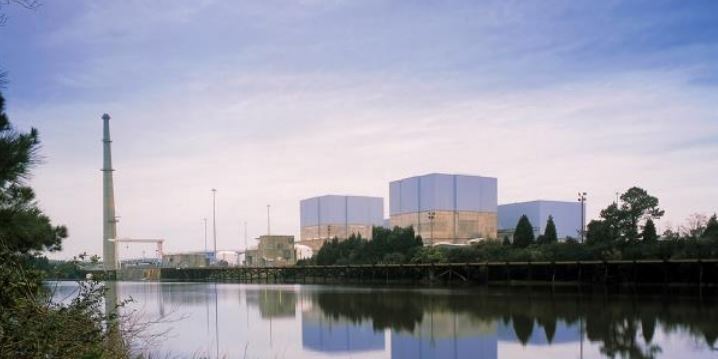RALEIGH – Chemours is being required to prove that air emissions at its Fayetteville Works facility can be controlled at a level that will stop contributing to groundwater violations, the North Carolina Division of Air Quality announced.
The division acted Friday to require the company to demonstrate within three weeks that air emissions can be controlled or the state Department of Environmental Quality, or DEQ, of which DAQ is a division, will no longer permit GenX air emissions. The demonstration may be based on current plant operating conditions or alternate operating conditions proposed by the company.
Supporter Spotlight
“Chemours must show to DEQ’s satisfaction that they can operate without further contamination of groundwater or we will prohibit all GenX air emissions,” said DEQ Secretary Michael Regan in a statement.
The requirement is included in a 60-day notice issued to the company informing them of the division’s intent to modify the facility’s air permit. The notice also outlines Chemours must show compliance with all legal requirements for retention of the current terms of its air quality permit.
Chemours must respond by April 27 to the 60-day notice and demonstrate that emissions from the facility do not contribute to groundwater violations.
Based on the company’s response, DAQ announced one of the following will occur:
- If Chemours fails to submit a timely response, or if DAQ finds that Chemours’ response fails to demonstrate that the facility’s emissions do not contribute to groundwater violations, then the agency will proceed with permit modification to prohibit emissions of GenX, effective on the modification date.
- If Chemours submits a timely response and DAQ finds that Chemours has met its burden of demonstrating that emissions will not contribute to groundwater violations under current operating conditions, the permit will not be modified.
- If Chemours submits a timely response and DAQ finds that Chemours has met its burden of demonstrating that emissions will not cause or contribute to groundwater violations under alternate operating conditions proposed by the company, the state will modify the permit by adding enforceable conditions that correspond with the alternate operating conditions that will take effect on the modification date.
Friday’s action is in response to DAQ specialists reviewing test results showing concentrations of GenX compounds in rainwater collected near the Chemours facility and air emissions measurements from stacks at the site, according to the press release.
Supporter Spotlight
DAQ tested rainwater for GenX compounds during rain events Feb. 28-March 2 and found GenX levels between 45 parts per trillion and 810 parts per trillion at 13 locations within 7 miles of the facility. The state’s provisional health goal of 140 parts per trillion for drinking water should not be compared to rainwater concentrations because rainwater is not intended for direct consumption.
As required and overseen by DAQ, Chemours also tested air emissions being emitted from its stacks in January and provided the state with that data along with calculations of any possible emissions coming from other equipment at the facility.
With the added measurements of direct emissions, DAQ estimates Chemours’ annual GenX emissions to be more than 2,700 pounds, or around 40 times higher than originally reported in early 2017 and four times higher than their revised estimate submitted to DAQ in October 2017.
Friday’s data release marks the third batch of results from analyses of rainwater collected near Chemours.
In late February, DAQ released the results of rainwater tests with concentrations of GenX ranging from non-detects and 5.2 parts per trillion to 630 parts per trillion on Jan. 28-29 and 9.98 parts per trillion to 286 parts per trillion on Feb. 4-5. DAQ has collected a control sample in Raleigh for each of the rain events, and no GenX has been detected there.







